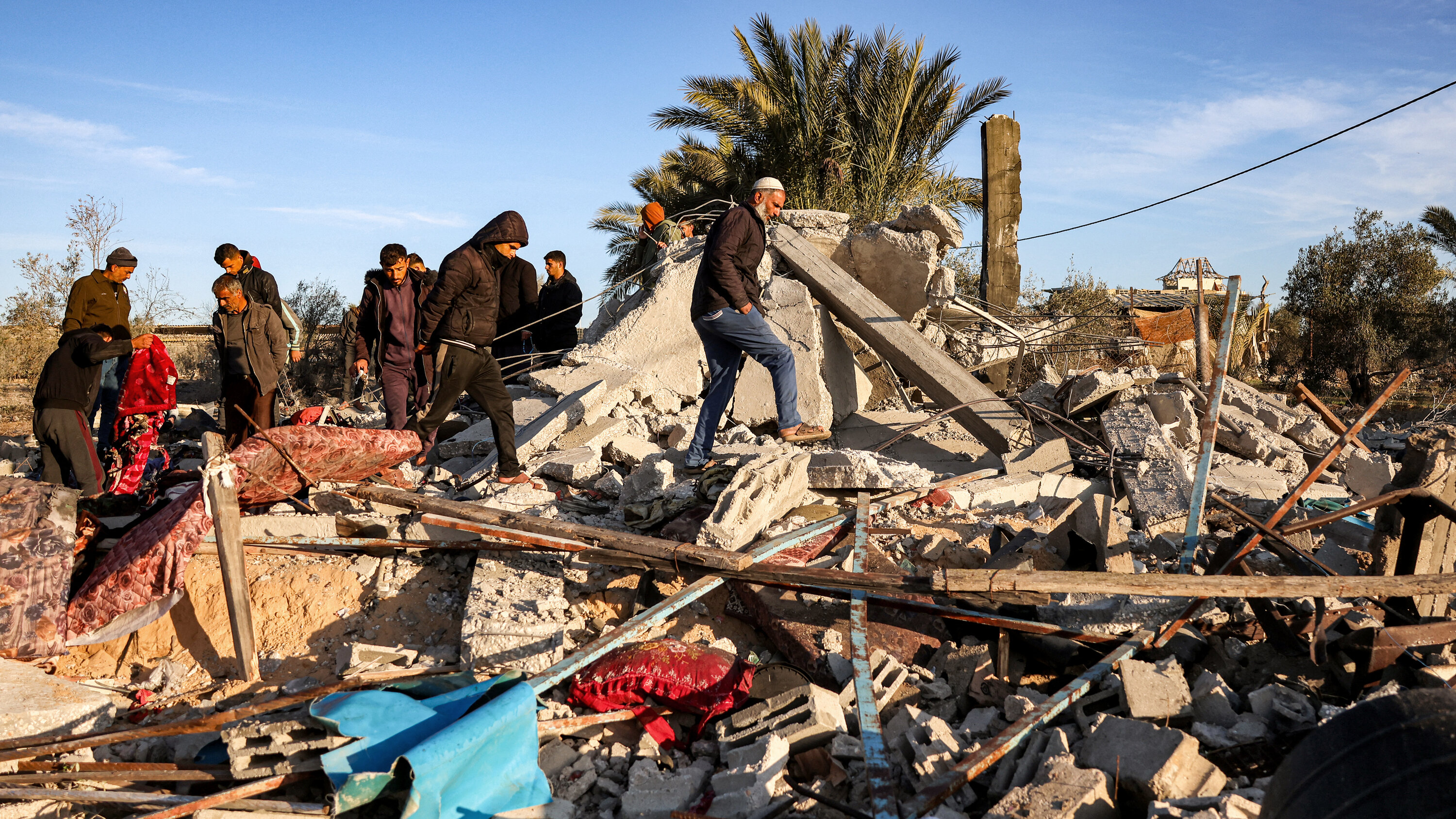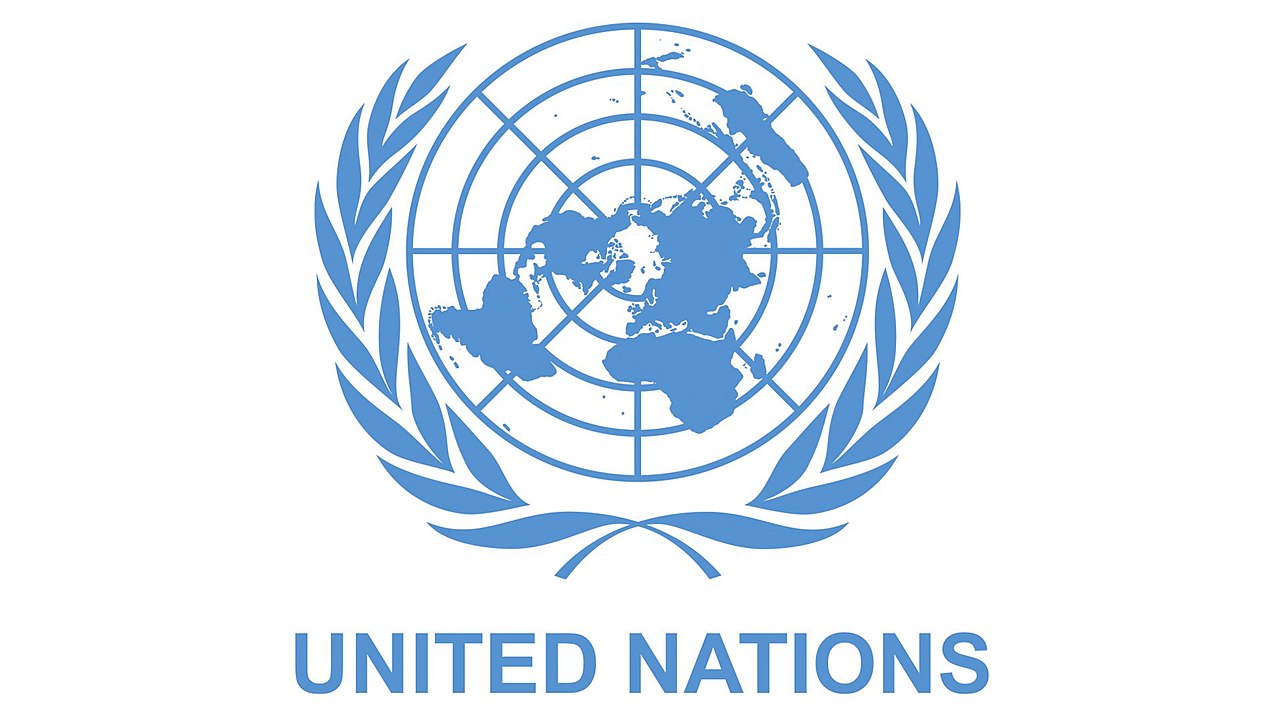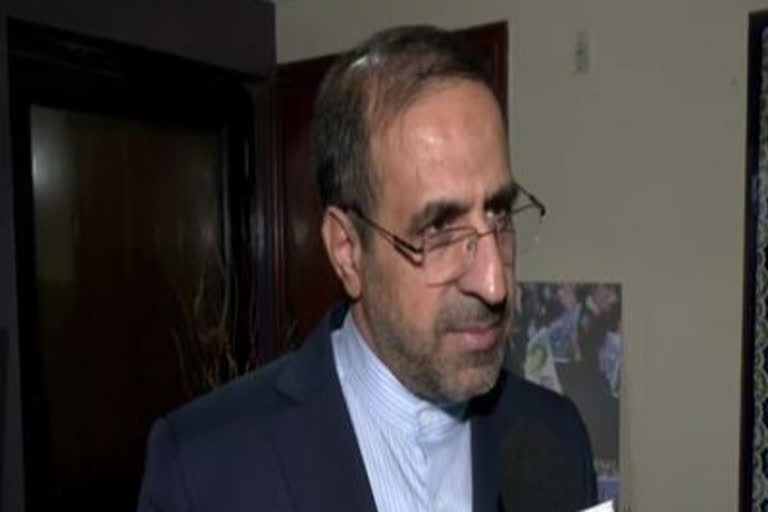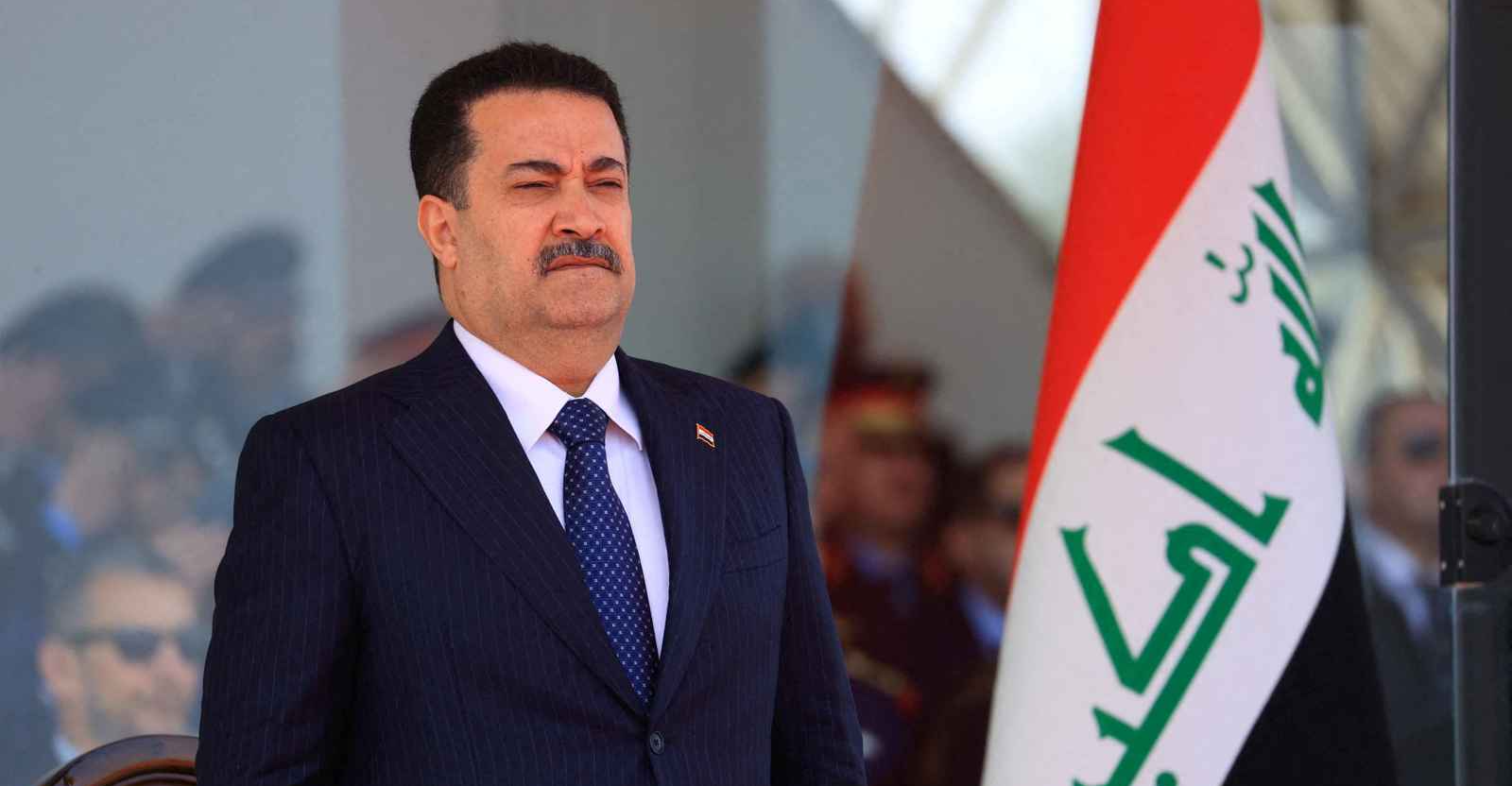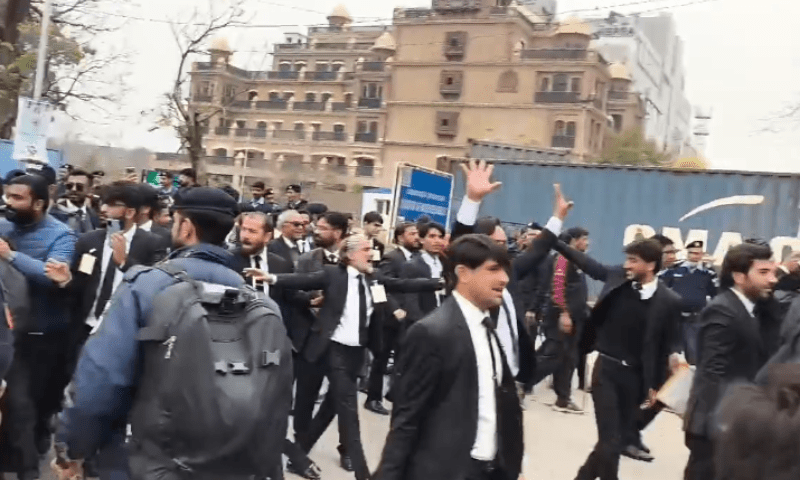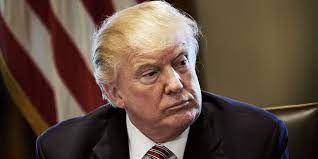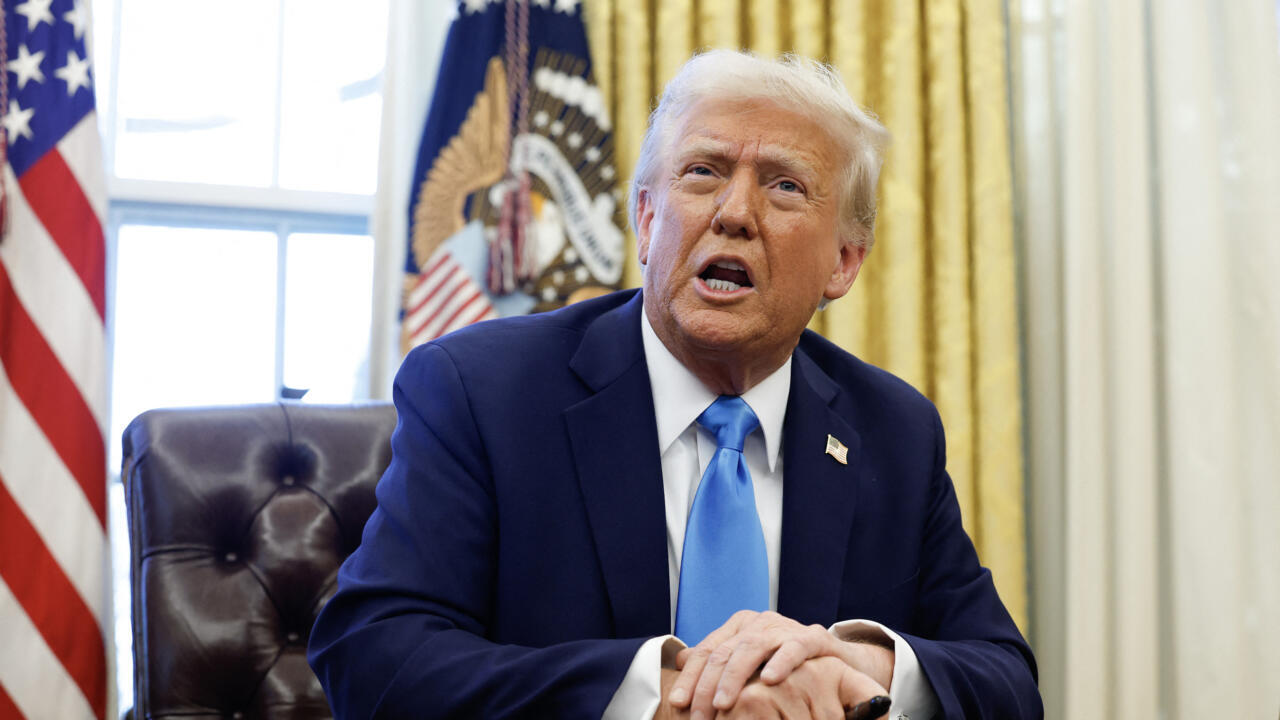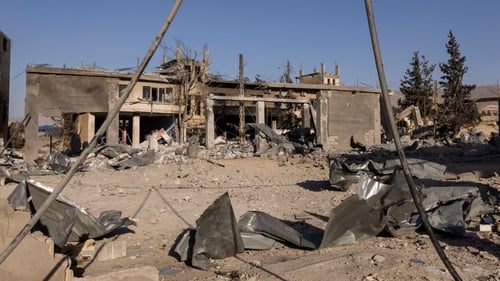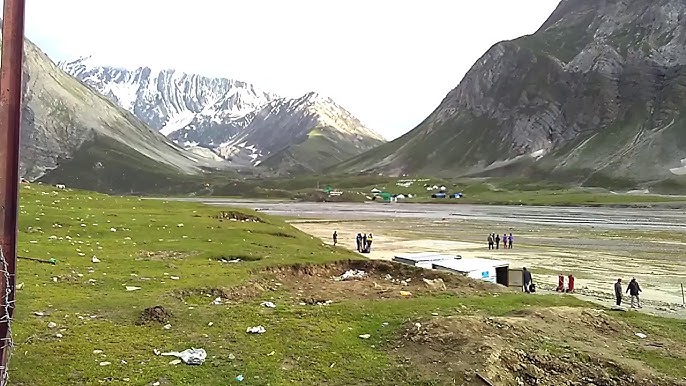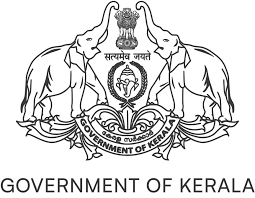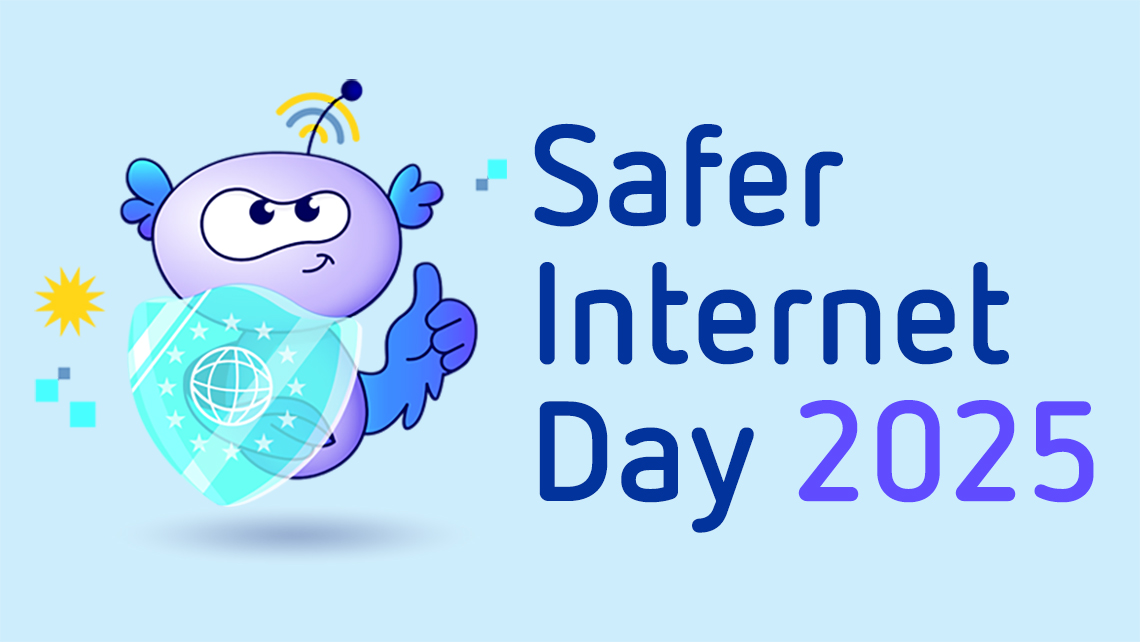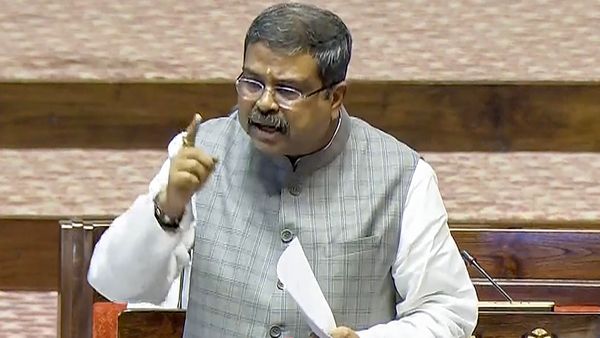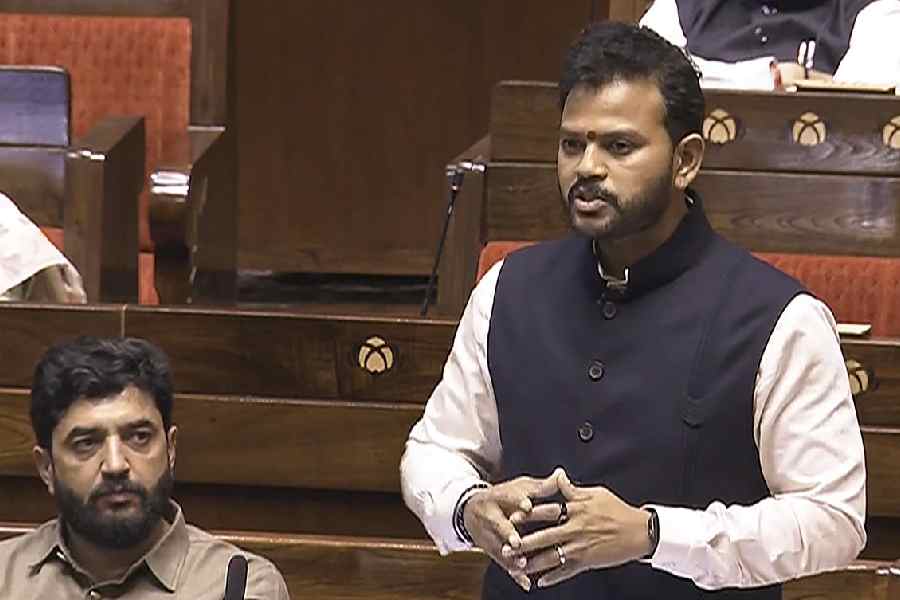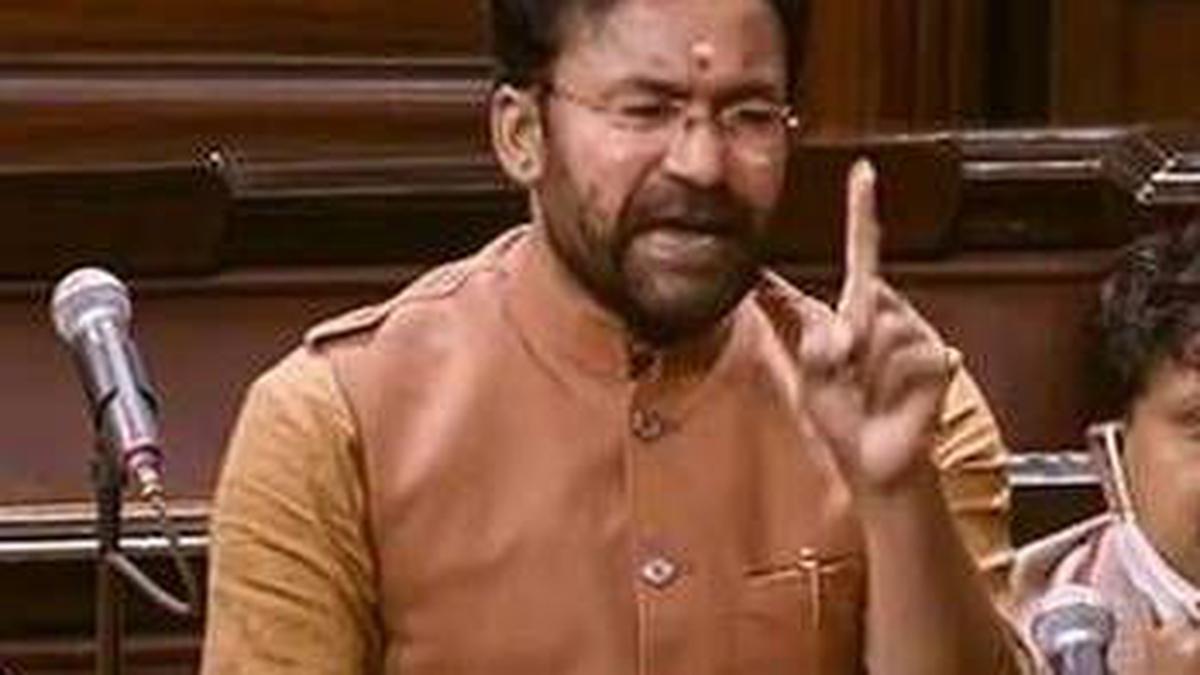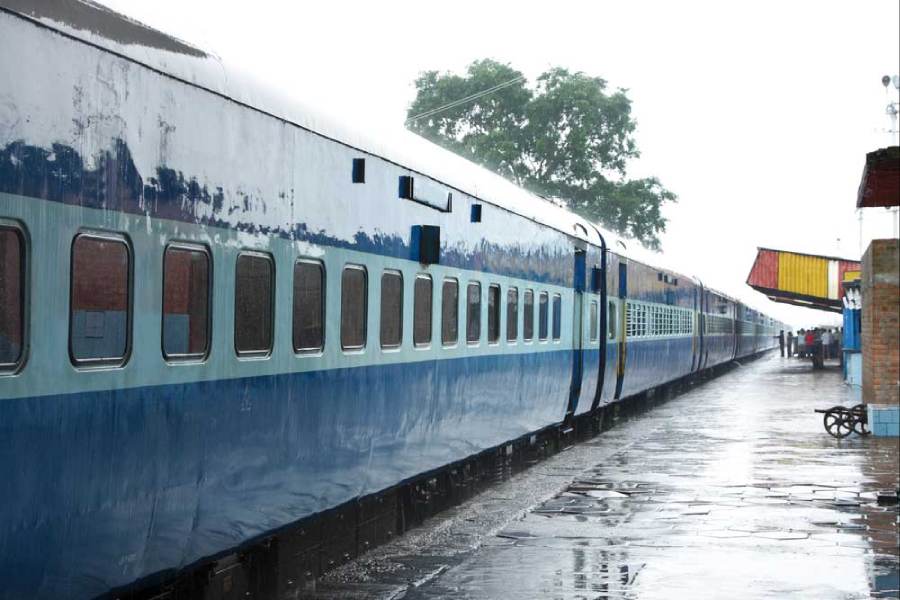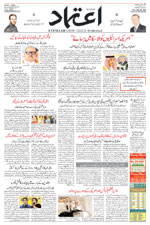US lifts ban on refugees from 11 'high-risk' countries
Tue 30 Jan 2018, 13:32:19
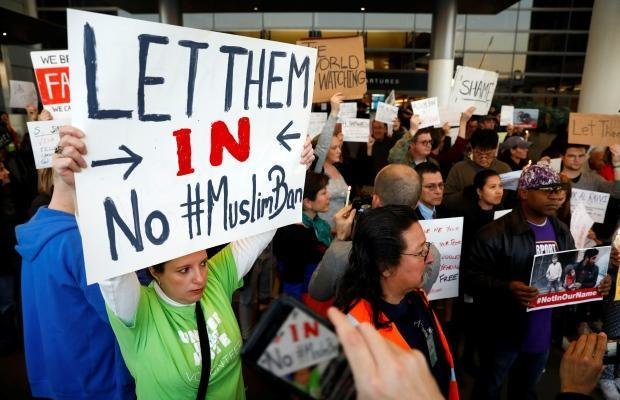
The United States announced Monday it was lifting its ban on refugees from 11 "high-risk" countries, but said those seeking to enter the US would come under much tougher scrutiny than in the past.
Applicants from 11 countries, unnamed but understood to include 10 Muslim-majority nations plus North Korea, will face tougher "risk-based" assessments to be accepted.
"It's critically important that we know who is entering the United States," said Homeland Security Secretary Kirstjen Nielsen."These additional security measures will make it harder for bad actors to exploit our refugee program, and they will ensure we take a more risk-based approach to protecting the homeland."
The 11 countries, hit with a ban in October in the Trump administration's revised refugee policy, have not been identified officially.But refugee groups say they comprise Egypt, Iran, Iraq, Libya, Mali, North Korea, Somalia, South Sudan, Sudan, Syria and Yemen.
Speaking anonymously, a senior administration official told journalists that the policy of enhanced security assessments for the 11 countries was not designed to target Muslims.
"Our admissions have nothing to do with religion," the official said, adding that there
is "nothing especially novel" about tougher screening for countries deemed to have a higher level of risk.
is "nothing especially novel" about tougher screening for countries deemed to have a higher level of risk.
Donald Trump has pursued a much tougher stance on immigrants and refugees from all countries since becoming president one year ago.His predecessor Barack Obama set refugee admission in fiscal 2017, which began on October 2016, at 110,000.
When Trump took office a year ago, he slashed that to 53,000, a number that was cut again to a maximum of 45,000 in fiscal 2018.
But refugee arrivals this year could come in significantly lower than that, due to the backlog from the 120-day halt and a slowdown in processing because of generally tougher applicant reviews.
DHS would not explain what the tougher vetting measures for the 11 countries would include.But all applicants are being asked to supply more detailed histories and evidence of their past activities, and many are having to allow access to personal electronics and social media accounts.
The move comes as Trump presses for a sharp turn in overall US immigration policy that critics say will result in a 50 percent cut in arrivals each year and bias admissions away from African, Asian and Muslim countries.
No Comments For This Post, Be first to write a Comment.
Most viewed from International
Most viewed from World
AIMIM News
Delhi Assembly polls: Owaisi leads Padyatra in Okhla
Feb 01, 2025
We reject this Waqf Amendment Bill: Asaduddin Owaisi
Jan 30, 2025
Latest Urdu News
Most Viewed
May 26, 2020
Which team will win the ICC Men's Champions Trophy 2025 held in Pakistan/Dubai?
Latest Videos View All
Like Us
Home
About Us
Advertise With Us
All Polls
Epaper Archives
Privacy Policy
Contact Us
Download Etemaad App
© 2025 Etemaad Daily News, All Rights Reserved.

